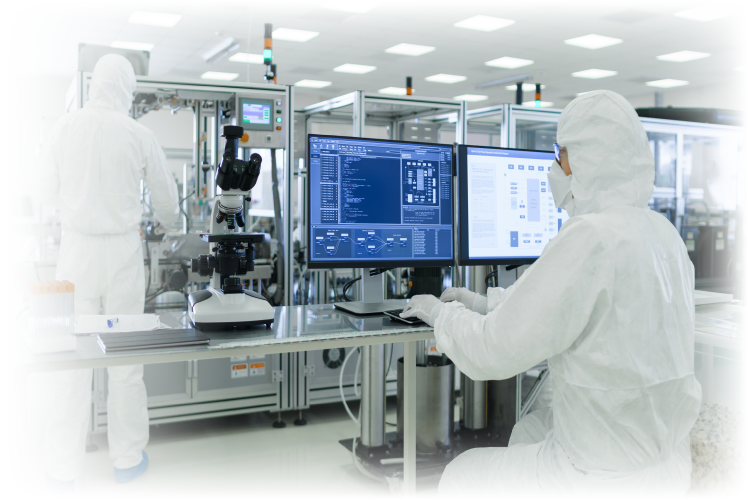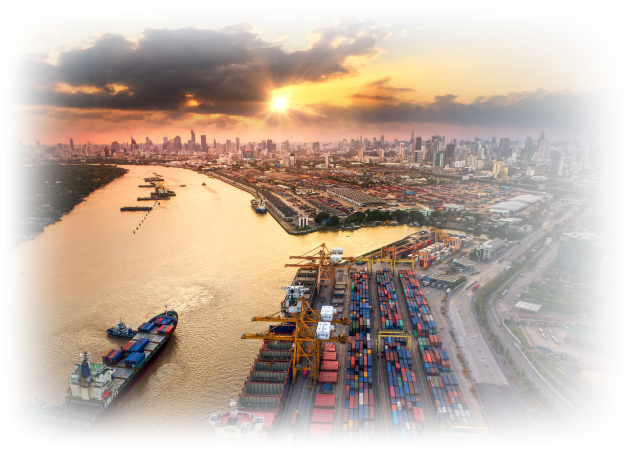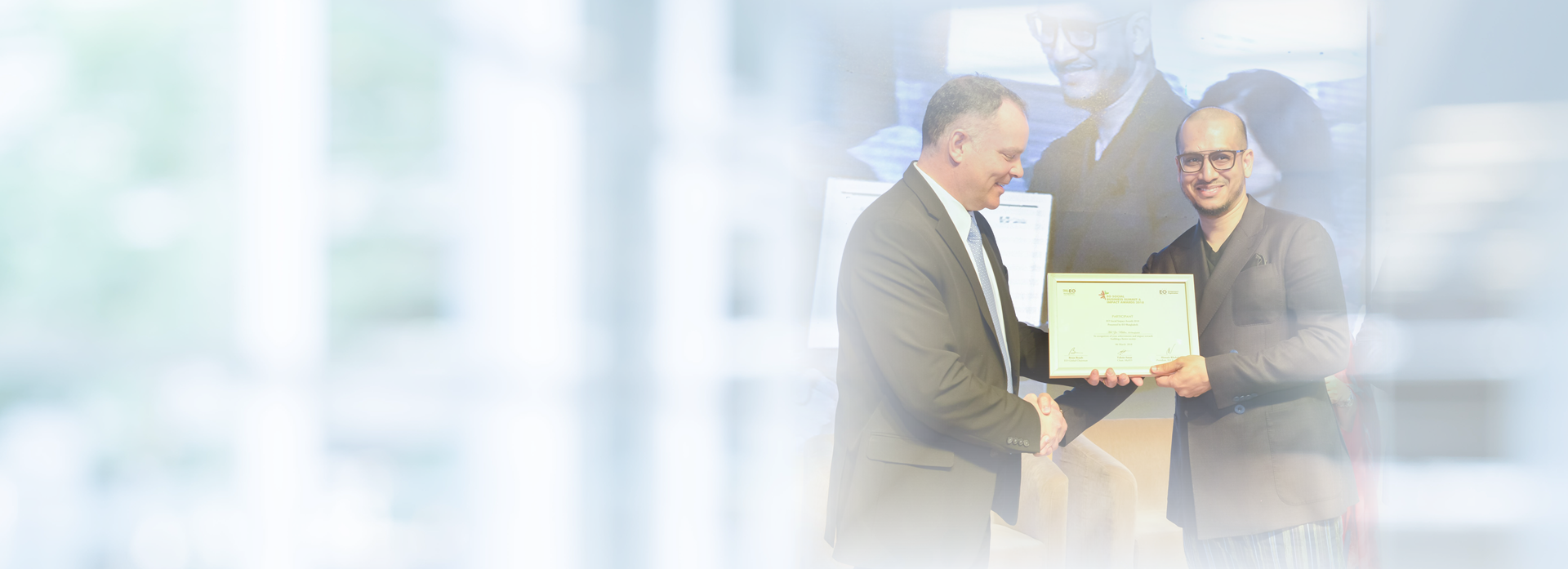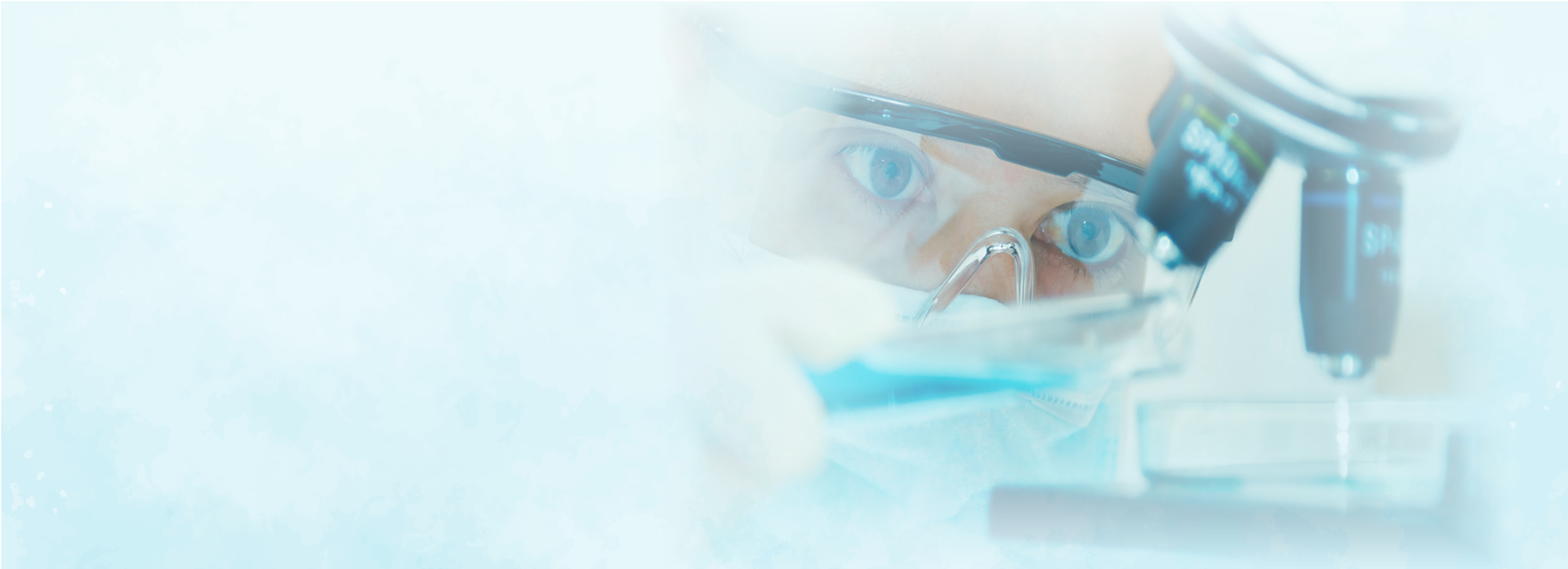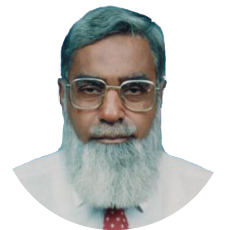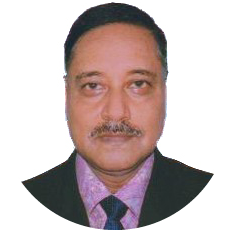Who Are We?
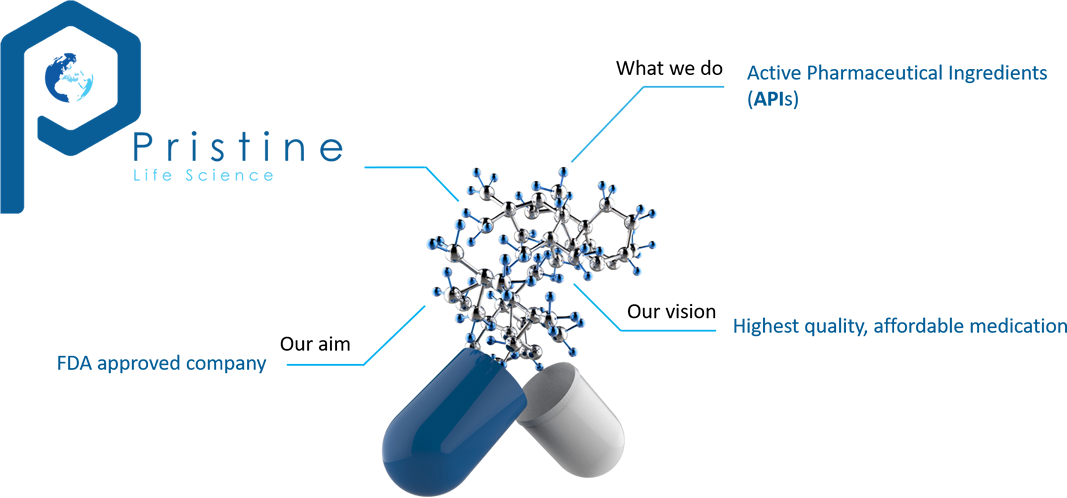
Pristine Life Science manufactures APIs for the domestic and international markets. Leveraging Bangladesh’s unique position as a Least Developed Country, PLS takes advantage of a WTO waiver to manufacture and export APIs still under patent to the fast growing LDC market.
Generic API manufacturing will focus on molecules that are in high demand and with more than five years remaining under patent such as antiviral and diabetes medications and other lifestyle medicines including HIV.
What We Make?
Pristine Life Sciences ( PLS ) manufactures bulk Active Pharmaceutical Ingredients (APIs), specialising in APIs still under patent for export to the international LDC markets. These fast-growing economies are all grappling with the swift onset of “first-world” diseases that have already impacted much of the developed world. Limited domestic manufacturing capability means patients do not have access to affordable, compliant and proven medicines which can be a matter of life and death.
PLS will begin operations by manufacturing 16 unique API molecules that are most in-demand in the LDC countries. These include anti-biotics, anti-fungals, anti-depressants, anti-coagulants, anti-viral, cardiovascular and diabetes medications and other drugs targeting lifestyle diseases including HIV. Products selected for manufacture all have more than five years remaining under patent which means they are well-proven and established treatments within the medical communities
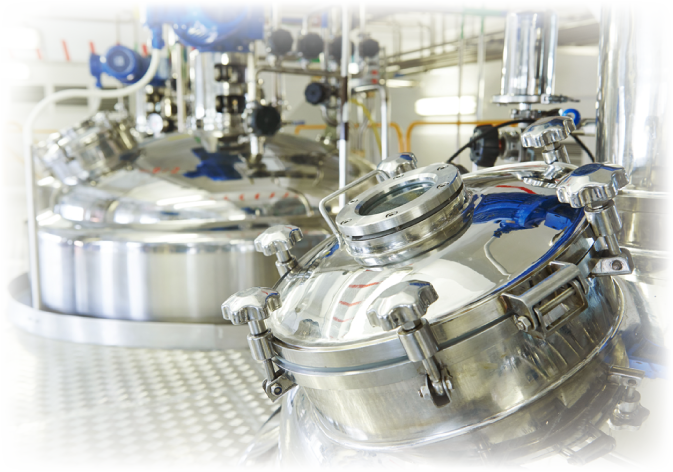
Our Markets
Part of a complex global supply chain, API sales are typically managed through a network of sales agents acting on behalf of the pharmaceutical and formulation companies. From over 12 years’ experience, our leadership team have longstanding relationships with a number of these buyers and we will work in close collaboration to ensure the PLS product roll-out is aligned to identified market needs.
Phase I sales will focus on MENA (Egypt and Jordan) then Korea and Japan before extending into the European and US markets in Phase II. Market entry will require country-by-country accreditation and from the outset, PLS manufacturing will comply with the United States FDA standards, considered the industry “gold standard”.
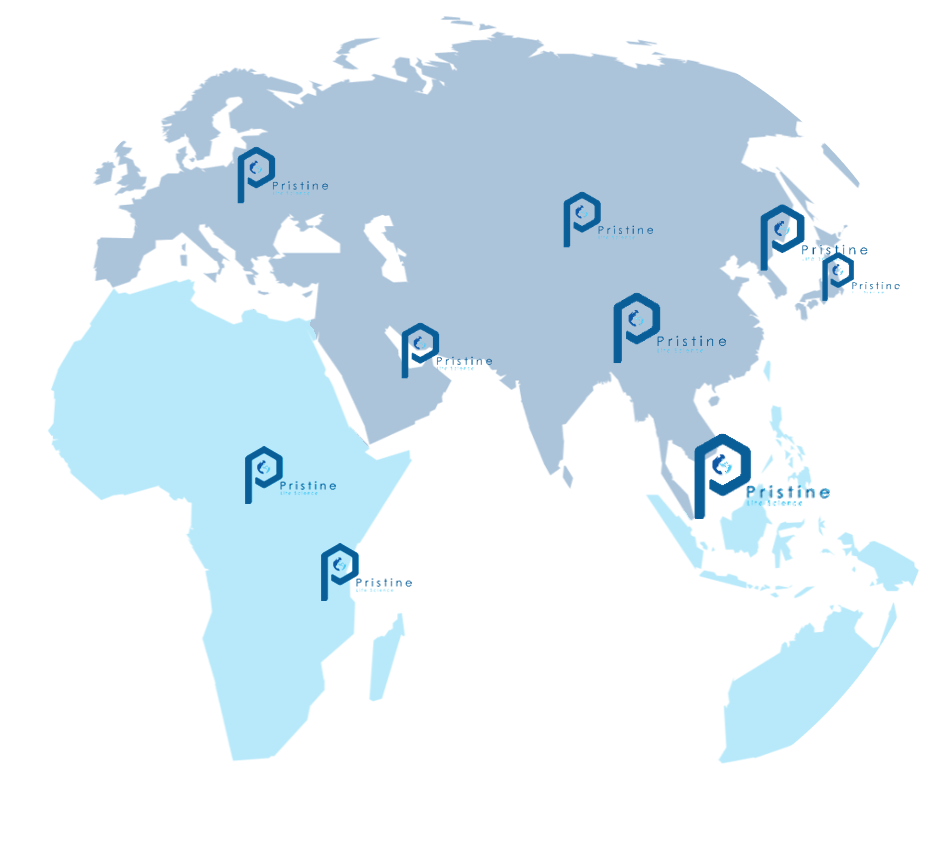
Our Team
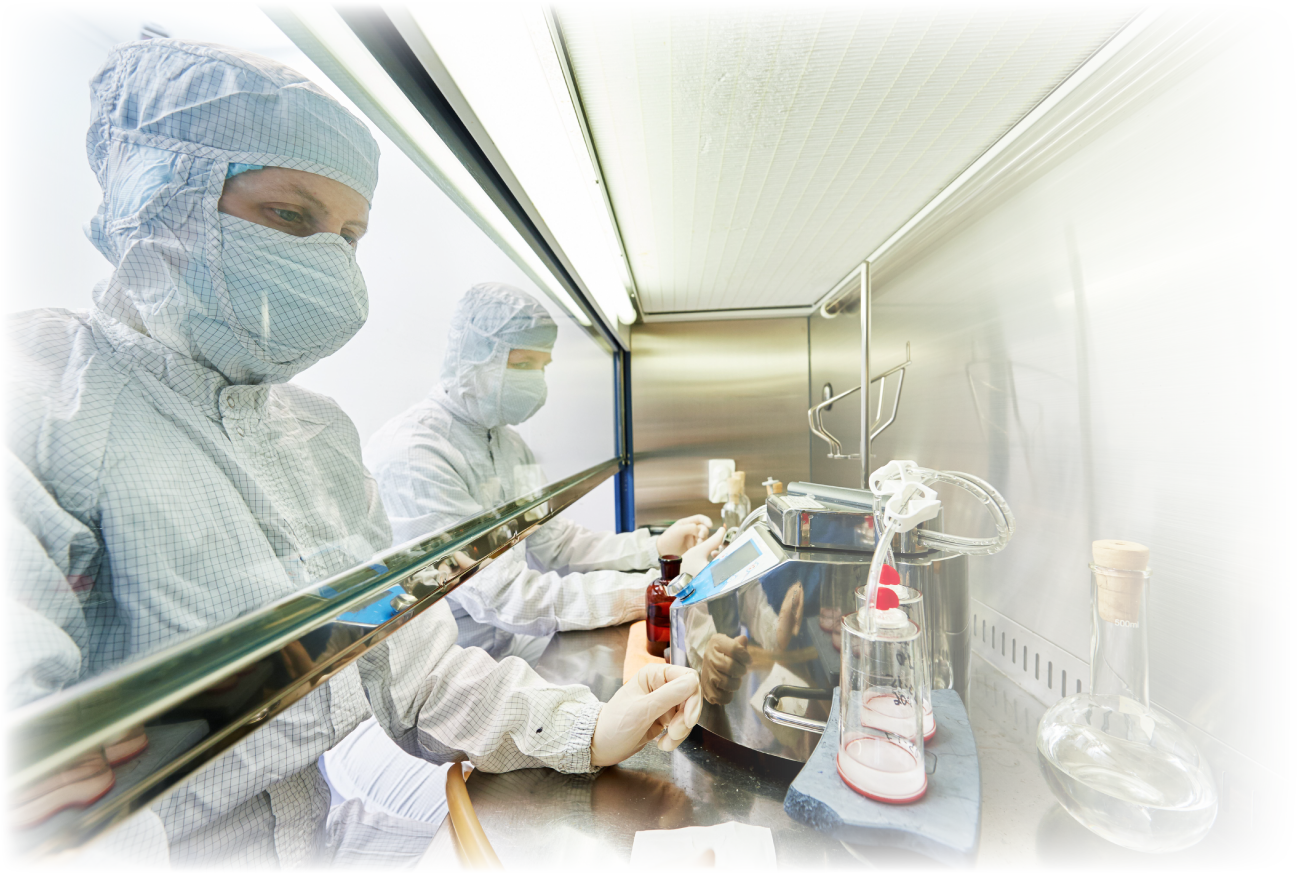
PLS and the Bangladesh
Active Pharmaceutical
Ingredient (API) Industry
History of drug manufacturing in Bangladesh:
Transforming and evolving since the early 1980s, the pharmaceutical industry in Bangladesh is one of the most developed sectors within the country. Heavily dependent on technology, skills and building proprietary knowledge, the commitment to grow the sector was significant for a country already faced with enormous economic challenges. Government support was by way of financial incentives has made Bangladesh one of the only LDCs with a well-developed pharma sector and almost fully self-supporting in terms of medicines for the country’s 160 million population.
The success of the initiatives can be measured in a dramatic 34% increase in overall life expectancy, evidence that access to world class medicines can benefit an entire population.
Economic growth has paralleled this rise in healthcare standards and from 2012 to 2017, the CAGR was 15%, and 21% from 2014 to 2017. According to the Bangladesh Export Promotion Bureau, the market size of pharmaceuticals will reach about BDT 330,000 million by 2020. According to Bangladesh Bureau of Statistics, the sector contributed 1.85% to the GDP in 2016-17. The government has targeted that the sector become a significant employer, with a goal of creating jobs for 500,000 people by 2032.
